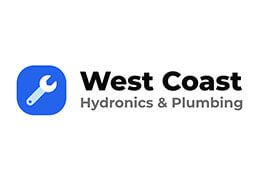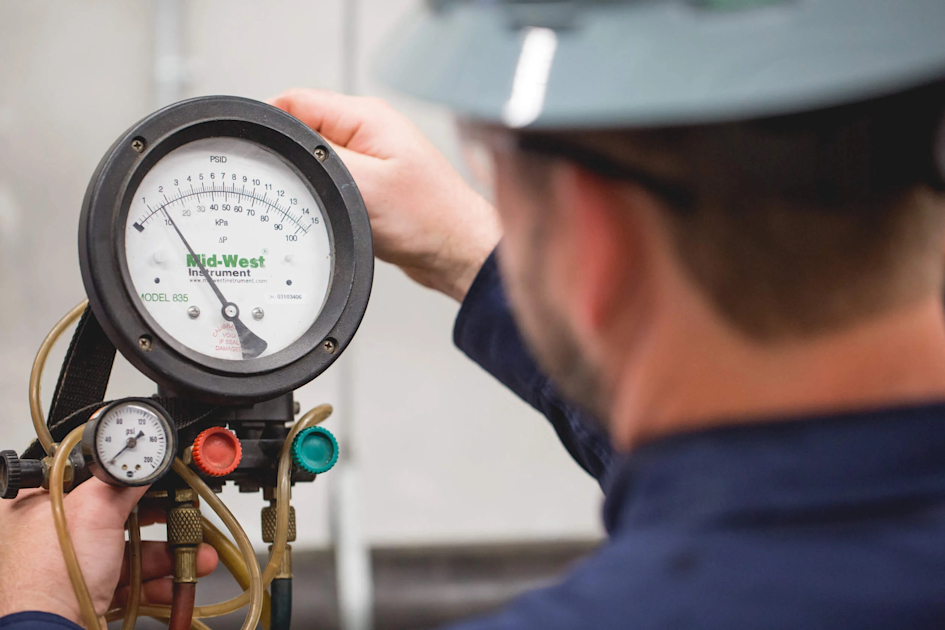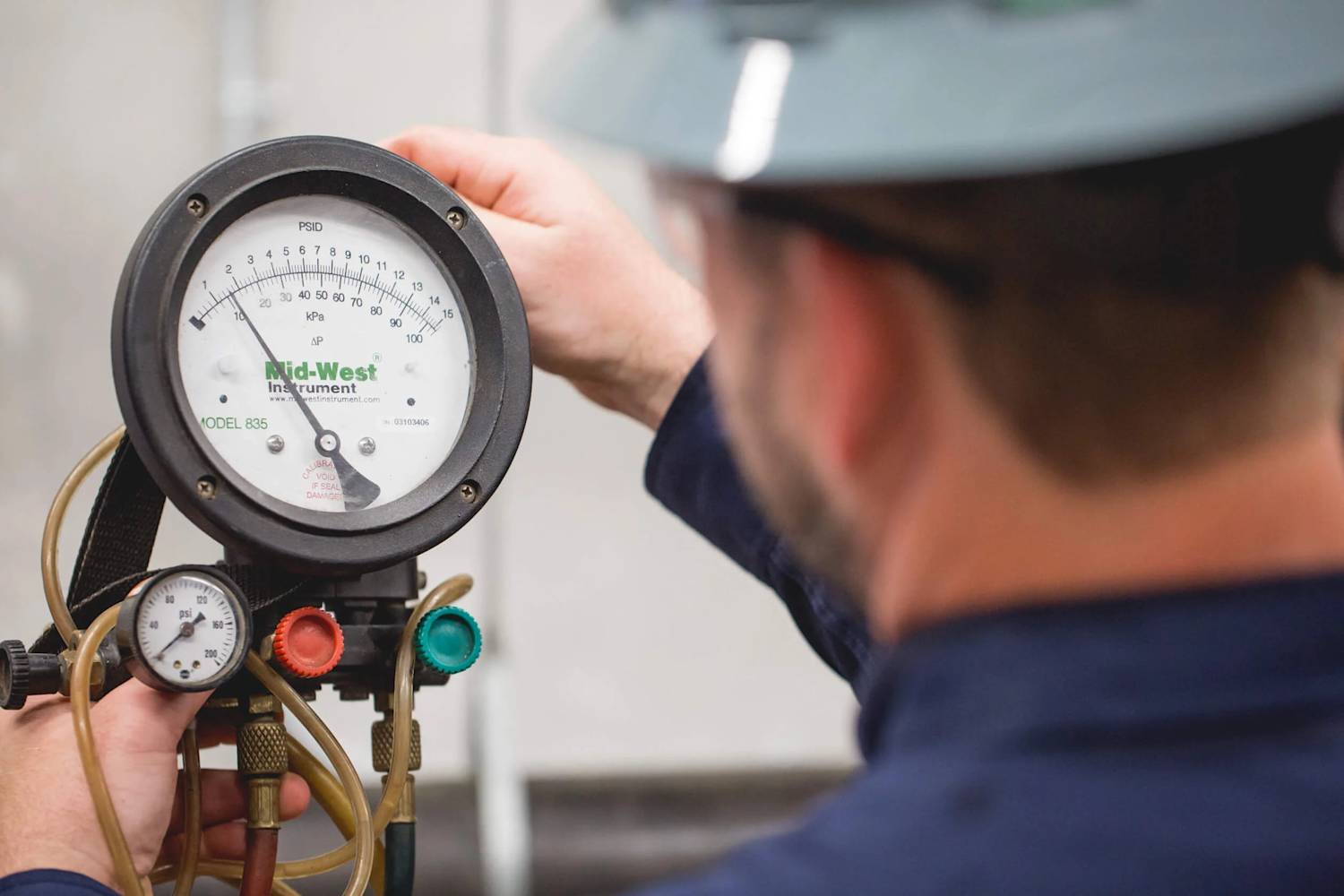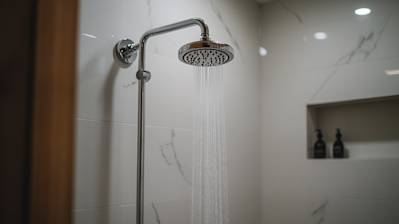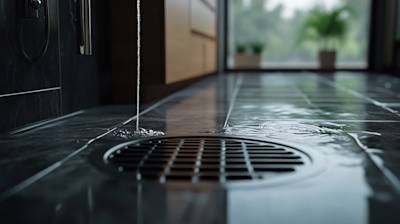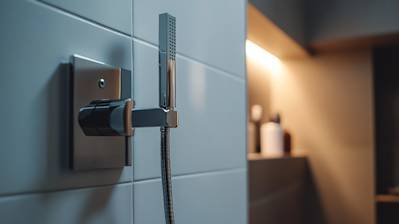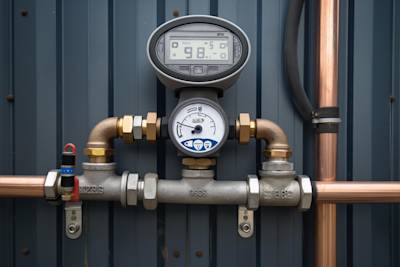Understanding the importance of maintaining safe, clean drinking water cannot be overstated. There are a plethora of components involved in ensuring the purity of our water systems. One such element that plays a crucial role is a system known as backflow prevention. To safeguard the efficiency and effectiveness of this system, regular backflow testing is required. This article will explore the necessity of backflow testing, its relevance to public health, how it is performed, and more.
What is Backflow?
Before delving into the details of backflow testing, it's crucial to understand what backflow itself is. Backflow is an undesirable reverse flow of water in a plumbing system. This reverse flow can result in the contamination of drinking water supplies with undesirable matter like fecal material, chemicals, or other types of pollutants.
Importance of Backflow Testing
Maintaining the integrity of backflow prevention devices is crucial in order to safeguard our water supply from the risk of contamination. This is where backflow testing comes in. Regular backflow testing serves a multitude of purposes:
- Ensuring the optimal functioning of your backflow preventer.
- Identifying any potential malfunctions on time.
- Guarding public health and safety by preventing water contamination.
- Abiding by state and local regulations, most of which mandate regular backflow testing.
The Backflow Testing Process
Given the importance of backflow testing, it's essential to ensure it is conducted properly. A typical backflow test involves the following steps:
Visual Inspection
Initially, a visual inspection is conducted on the backflow prevention assembly to ensure there are no apparent defects, leaks or signs of wear and tear. This step is essential in assessing the assembly's physical condition.
Pressure Testing
Next, pressure testing is conducted. The backflow prevention device is subjected to a certain level of pressure to ensure it can withstand its operating conditions. If the backflow preventer fails this stage, it will warrant immediate repair or replacement.
Functional Testing
Functional testing involves checking all the mechanical components of the backflow prevention assembly. These components should be in optimal condition to ensure the preventer functions as it should.
Reporting
Once the tests are performed, the results are documented in a report. This record is vital in ensuring compliance with local regulations and for planning future testing or maintenance procedures.
Choosing Professionals for Backflow Testing
Given the technical nature of backflow testing, it’s preferable to engage the services of trained and certified professionals. Here are characteristics to look for:
- Certification: Ensure that the professional is certified to perform backflow testing.
- Experience: A seasoned professional is bound to deliver quality service than a novice.
- Good Reputation: Look for professionals with good reviews and recommendations.
Backflow testing is a crucial part of maintaining safe drinking water supplies. By regularly conducting these tests, potential health hazards can be minimized, and the integrity of our water supplies can be upheld. Engaging the right professional services for backflow testing will ensure optimum functionality of backflow prevention devices and contribute significantly to public health.
Frequently Asked Questions About Backflow Testing
Why is backflow testing necessary?
Backflow testing is crucial to ensure that your plumbing's backflow prevention device is working perfectly. This device prevents contaminated water from flowing back into the clean water supply. Regular testing helps identify any existing or potential issues so that they can be rectified promptly to prevent any health hazards.
How often should backflow testing be done?
For most residential and commercial premises, annual backflow testing is recommended. However, the frequency may increase depending on local regulations, the type of property, and the nature of your water usage.
Who can perform backflow testing?
Backflow testing should be performed by a certified tester—a professional who has been trained and authorized to conduct these tests. They possess the required knowledge and tools to carry out the testing process accurately and safely.
How long does backflow testing take?
A typical backflow test should not take more than half an hour to an hour. However, the duration can vary based on the complexity of your system and the number of backflow preventers installed.
What happens if my device fails the backflow test?
If your device fails the backflow test, it means it is not operating correctly and poses a risk of contamination to your water supply. In such cases, your tester will advise you on the necessary repairs or replacement to fix the issue and ensure that clean water flows uninterrupted.
Can I test my own backflow device?
While it is technically possible to test your own backflow prevention devices, it is highly discouraged. These are complex devices and incorrect handling can cause more harm than good. Thus, it is always recommended to hire a certified backflow tester for this task.
Can backflow testing disrupt my water supply?
Yes, during the testing process, your water supply is briefly suspended. However, this interruption is minimal and should last no longer than the duration of the test.
Is backflow testing expensive?
The cost of backflow testing can vary based on the complexity of your system, the number of devices, and the tester's rates. However, considering the critical role it plays in protecting your water supply, it is a worthy investment. Comparing the cost of a backflow test to the potential cost of not conducting one and facing a contamination issue, the former is always more affordable.
What are some signs that my backflow preventer needs testing?
If you notice sudden changes in water pressure, stuttering faucets, or discolored or foul-smelling water, this could indicate a problem with your backflow preventer. A professional backflow test can help confirm these issues and identify any underlying problems.
How can I prepare for a backflow test?
Preparing for a backflow test mainly involves ensuring clear and easy access to the backflow prevention device for the tester. Inform everyone in your household or premise about the temporary suspension of water supply during testing. Besides, make sure to gather any previous test records and share them with your tester.
Where can I find a certified backflow tester?
You can find certified backflow testers by searching online or contacting local plumbing companies. Be sure to check each candidate's certifications, experience, and reviews before hiring to ensure top-level service.
Is backflow testing environmentally friendly?
Yes, backflow testing is environmentally friendly. It plays a crucial role in safeguarding our water systems from pollution and contamination, contributing significantly to public health and environmental protection.
Pros and Cons of Backflow Testing
Pros of Backflow Testing
Safeguarding Public Health
One of the most notable pros of backflow testing is the protection it provides to public health. Water companies usually deliver clean water to homes and businesses. However, backflow events can contaminate this clean water with waste materials. Regular backflow testing helps ensure that water supplies remain free of harmful contaminants, safeguarding public health.
Legal Compliance
- In many jurisdictions, local and national laws or regulations require regular backflow testing. Therefore, carrying out these tests can help owners of homes or businesses stay in compliance with the law.
- Often these tests must be done by certified professionals, which ensures the testing is thorough and accurate. This prevents any legal issues or penalties for non-compliance.
Potential Cost Savings
While there is a cost associated with performing backflow testing, it can actually lead to long-term cost savings. This is because the testing can detect problems early before they become serious and expensive to repair.
Prevention of Property Damage
Backflow situations can lead to major water damage on properties. By performing regular backflow testing, these situations can be mitigated or avoided altogether.
Cons of Backflow Testing
Cost and Time
- One of the main drawbacks of backflow testing is the associated costs. Hiring a certified professional to perform the testing can be expensive, particularly for large commercial properties.
- Additionally, the testing can also be time-consuming, which might be inconvenient for businesses or homeowners who have busy schedules.
Disruption to Water Service
During a backflow test, water service may need to be temporarily halted. This interruption can be inconvenient for property owners and might disrupt daily activities or operations, particularly in commercial settings.
Potential for False Positives
Another drawback of backflow testing is the potential for false positives. A test could incorrectly indicate a backflow problem where none exists, leading to unnecessary repair costs and inconvenience.
Damage from Testing
In some rare cases, the process of testing for backflow can actually cause damage to the backflow preventer or other parts of the plumbing system. This could potentially lead to additional repair costs.
Lack of Guaranteed Protection
Finally, while regular backflow testing can significantly reduce the chances of backflow issues, it cannot completely eliminate the risk. Sometimes, backflow problems can occur suddenly and without warning, even after a recent successful test.
Summary
So, now you understand the importance and process of backflow testing. It's an essential, routine procedure that ensures our water supply remains uncontaminated and safe to use. It protects our homes and businesses, from potentially harmful substances by preventing unwanted reverse flows. Remember, regular backflow testing also helps us abide by the local guidelines and maintain the efficiency of the water system.
Moreover, backflow testing also helps in detecting any issues or malfunctions in the backflow device at an early stage. Early detection means easy and less expensive repairs. So, don't take chances with your water's safety. Prevent contamination and ensure a reliable water system by carrying out routine backflow testing. It may seem like a minor task, but in reality, it is a major guard against dangerous water pollution.
Lastly, never try to do backflow testing by yourself if you are not a qualified expert. The risks are too high! Incorrect testing procedures can give inaccurate results and might even lead to cross-connection. You don’t want that! Always trust professional service providers to carry out backflow testing. It's a small investment that yields big benefits for your health and the community.
About West Coast Hydronics & Plumbing
Welcome to West Coast Hydronics & Plumbing, where our amazing team has been proudly serving the Sacramento, CA community for years. We are experts in all things related to plumbing and hydronic systems, always committed to delivering top-notch services. Our company is known for its quality workmanship, timely delivery, and exceptional customer service. Whether you need help with your residential or commercial plumbing, we are just a click away. Visit our main website at West Coast Hydronics & Plumbing to learn more about us and our services. We are looking forward to serving you!
